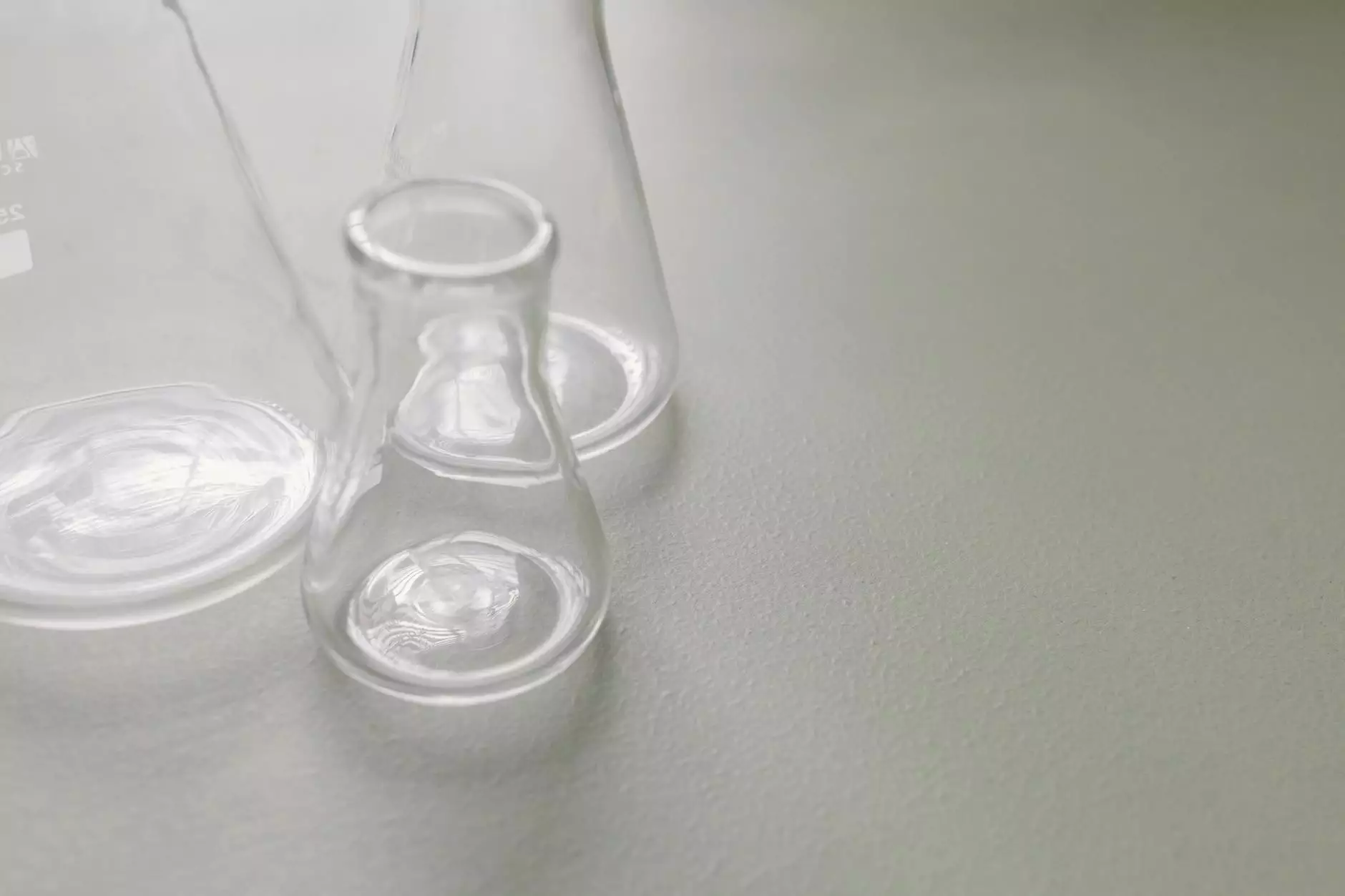Understanding the Business of Ordering Research Chemicals

Research chemicals are substances that are typically used in scientific research. They often have similar properties to established drugs and can be used to study various biological processes. In the realm of pharmacy and alternative medicine, the ability to order research chemicals has expanded significantly. This article delves into the intricate world of research chemicals, their uses, and the best practices for obtaining them responsibly.
What Are Research Chemicals?
Research chemicals are defined as chemical compounds that are not yet available for general commercial use. These substances are often intended for laboratory research and not meant for human consumption. They encompass a wide variety of substances, including:
- New Psychoactive Substances (NPS)
- Experimental Compounds
- Biochemicals
- Pharmaceutical Intermediates
Researchers utilize these substances to understand their pharmacological effects, which can eventually lead to the development of new medications or therapeutic approaches. For those in the pharmacy and alternative medicine sectors, the role of research chemicals can be pivotal in discovering novel treatments and therapies.
The Role of Research Chemicals in Pharmacy
In the pharmaceutical industry, ordering research chemicals is a fundamental practice for drug development. Below are some key aspects of how these chemicals contribute significantly to pharmacy:
1. Drug Development
Research chemicals play a crucial role in the initial stages of drug development. They allow pharmaceutical companies to test hypotheses regarding new therapeutic targets. During preclinical testing, researchers examine various compounds for their efficacy and safety profiles.
2. Safety Testing
Before any drug can be approved for human use, extensive safety testing must be undertaken. Research chemicals are integral to this process as they help establish safety protocols and dosage guidelines, ensuring that the eventual therapeutic agents are effective and safe.
3. Understanding Mechanisms of Action
By studying research chemicals, scientists can ascertain how different substances interact with biological systems. This understanding is critical to developing new drugs that can target specific pathways related to diseases.
The Importance of Research Chemicals in Alternative Medicine
Alternative medicine employs various substances and practices that fall outside the realm of conventional treatments. Research chemicals can serve numerous purposes within this domain:
1. Novel Therapeutics
For practitioners of alternative medicine, research chemicals can present opportunities to explore uncharted territories in treatment. Compounds that have shown promise in preliminary studies can be investigated for their potential to alleviate symptoms of various conditions.
2. Herbal and Natural Product Research
Many alternative therapies integrate plant-based substances. Research chemicals provide a platform for examining the biochemical properties of these natural products, often leading to discoveries that enhance their therapeutic potential.
3. Integrative Approaches
Incorporating research chemicals into alternative medicine allows for a more integrative approach, combining traditional methods with scientific advancements. This can lead to improved patient outcomes and broaden the therapeutic landscape.
How to Safely Order Research Chemicals
For professionals and researchers interested in ordering research chemicals, it is vital to proceed with caution. Here are some essential guidelines to follow:
1. Choose a Reputable Supplier
When seeking to order research chemicals, the first step is to identify a reputable supplier. Look for manufacturers or distributors that are known for their quality and adhere to strict safety protocols. Check for:
- Certificates of Analysis (COA) to verify purity and composition.
- Customer Reviews that reflect product and service quality.
- Compliance with Regulations regarding the sale of research chemicals.
2. Understand Local Regulations
Before making a purchase, familiarize yourself with local and national regulations regarding research chemicals. Some substances may be restricted or controlled, and it is important to ensure that you are in compliance.
3. Prioritize Safety
Always handle research chemicals with the utmost care. Use appropriate personal protective equipment (PPE), work within well-ventilated areas, and have safety data sheets (SDS) readily available to address any potential hazards.
4. Document Your Research
Keep thorough records of your research activities, including the chemicals ordered, their intended uses, and the results of your studies. Documentation is not only crucial for compliance but also for scientific integrity.
Benefits of Using Research Chemicals
Utilizing research chemicals comes with numerous benefits, particularly for those in the fields of pharmacy and alternative medicine:
1. Innovation
Research chemicals foster an environment of innovation. They pave the way for new discoveries, allowing researchers to explore previously unknown areas of medicine and therapy.
2. Cost-Effectiveness
In many cases, research chemicals can be more cost-effective than commercially available drugs, making them an appealing option for researchers with limited budgets.
3. Broad Range of Applications
These chemicals can be used across various fields of study, from neuropharmacology to cancer research, making them versatile tools for scientists.
Challenges and Ethical Considerations
While there are numerous advantages to using research chemicals, there are also challenges and ethical considerations to keep in mind:
1. Misuse and Abuse
There is a risk associated with the misuse of research chemicals, particularly when they are misrepresented or used outside their intended context. It is essential for researchers to advocate for responsible use and education.
2. Regulative Scrutiny
As the use of research chemicals continues to grow, regulatory bodies are increasingly scrutinizing their distribution and use. Staying informed about changes in legislation is critical for compliance.
3. Scientific Integrity
Maintaining scientific integrity is paramount. Researchers must ensure that their experiments are conducted ethically and that their findings are reported honestly and transparently.
Future of Research Chemicals in Business
The future of research chemicals appears promising, especially as the pharmaceutical and alternative medicine industries continue to evolve. Several trends indicate the growing significance of these substances:
1. Advancements in Technology
With the rise of sophisticated analytical methods and technologies, the identification and application of research chemicals will become increasingly precise. This advancement will facilitate targeted research on diseases, enhancing therapeutic outcomes.
2. Increased Demand for Customization
As personalized medicine gains traction, the demand for customized research chemicals tailored to specific conditions or patient needs is likely to rise.
3. Collaboration Across Disciplines
Collaboration between the pharmaceutical sector, alternative medicine practitioners, and research organizations will foster innovation and holistic approaches to treatment, solidifying the role of research chemicals in modern medicine.
Conclusion
In summary, the business of ordering research chemicals is integral to the advancement of pharmacy and alternative medicine. By fostering innovation, addressing unmet medical needs, and facilitating scientific discovery, research chemicals are pivotal in shaping the future of healthcare. However, it is crucial for professionals to navigate this landscape responsibly, prioritizing safety and ethical considerations to maximize the benefits derived from these powerful substances.
As the fields of pharmacy and alternative medicine continue to evolve, so too will the importance of research chemicals in driving forward medical research and therapeutic innovation. Through responsible use and adherence to ethical practices, the potential of research chemicals can be fully realized for the betterment of global health.









